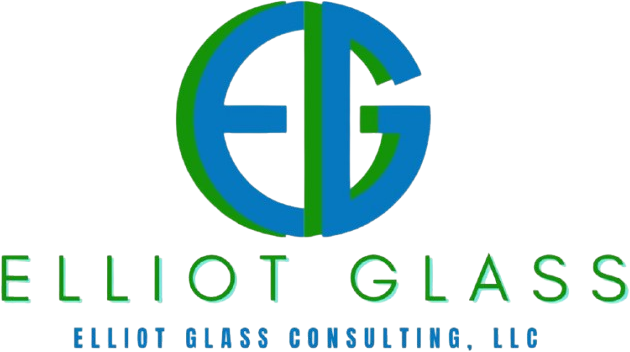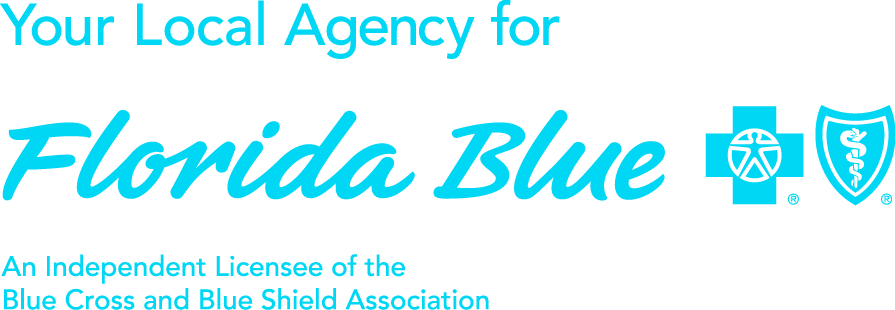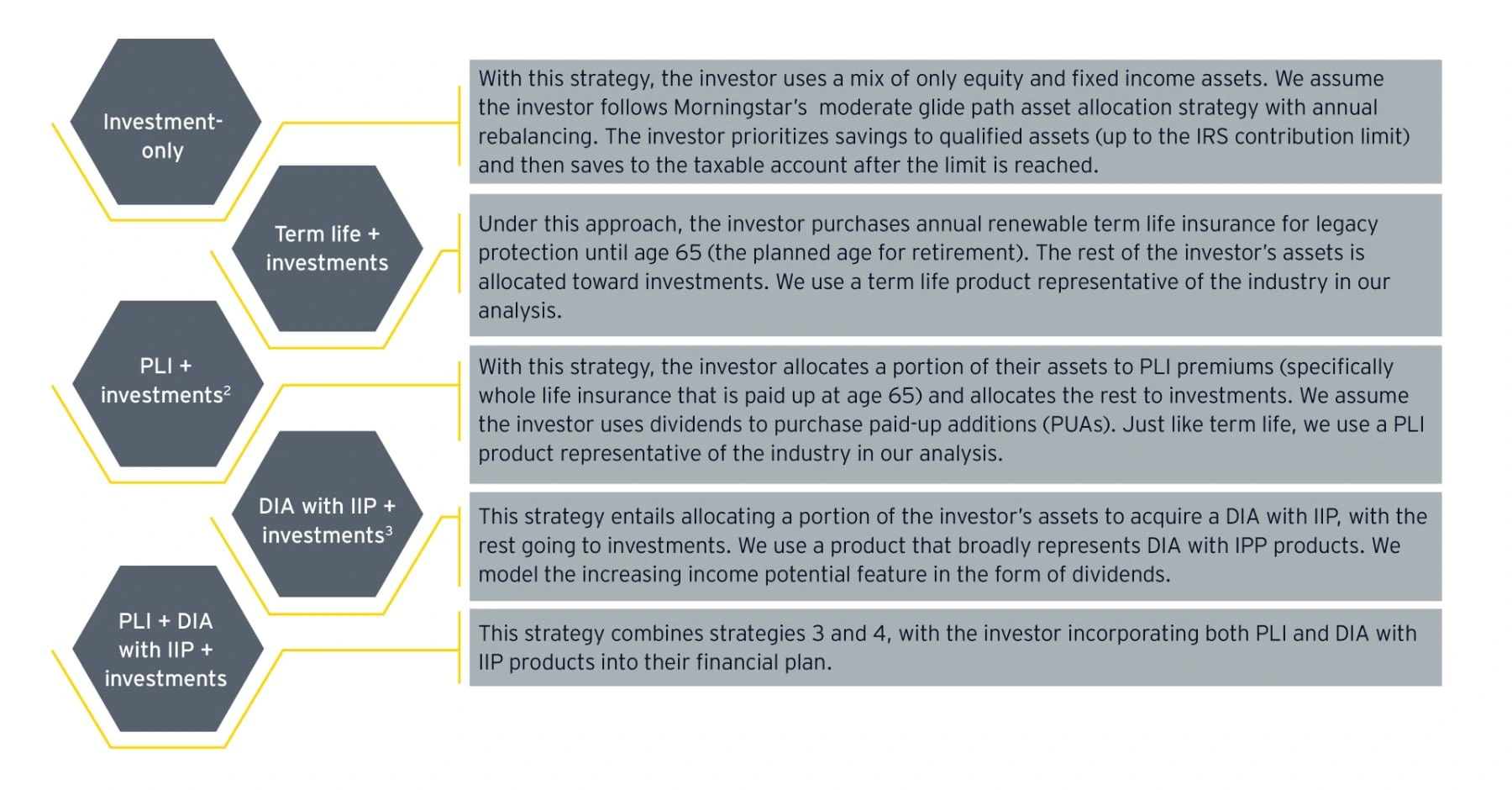Life Insurance: Permanent Vs Term
There are so many insurance companies out there so It's difficult to pick which one is better. So, what do you do? One strategy to employ is to switch insurance companies frequently. Companies make more money by selling to people who are price conscious. There are several types of life insurance that are offered today. We are going to focus only on permanent and term life insurance.
What is Permanent Life Insurance?
It is designed to provide lifetime coverage and is also known as whole life insurance. Because of the lifetime coverage period it usually has higher premium payments than term life. Policy premium payments are fixed with a cash value proponent. So, it functions as a savings component and is tax-deferred over time. There are 2 types of permanent life insurance: whole and universal.
What is Term Life Insurance?
It is designed to provide financial protection for a specific period, such as 10 or 20 years. It also helps families meet day to day expenses. With term insurance, the premium payment amount stays the same for the coverage period you select. After that period, policies may offer continued coverage, usually at a substantially higher premium payment rate. Term life insurance is generally less expensive than permanent life insurance. There are 5 types of term life insurance: level term insurance, increasing term insurance, decreasing term insurance, the return of premiums plans, and convertible term plans.
To decide which type of life insurance is best for your needs, consider these key differences:
- Length of coverage. Term provides coverage for 1, 10, 15, 20, 25?or 30 year terms, and it’s designed for flexibility. Permanent is designed for lifelong financial protection if the policies in force.
- Cost of premium. Initially, term life premiums are generally lower than permanent life. However, term life premiums typically increase upon each renewal, while permanent life premiums stay the same.
- Cash value. With permanent insurance, there is a savings component known as cash value. So, the longer you pay into your policy, the more its cash value grows. You have the option to cash in or borrow against your permanent life policy and use the funds as needed. Term insurance does not accumulate cash value, nor does it have a savings component.
- Convertible policies. With a term insurance policy, you can convert it into a permanent policy, while permanent policies are not convertible.
- Death benefits. Both types of life insurance products pay a death benefit upon the insured person’s death if the contract and term have not expired, and the policies are still in good standing.
Have you taken of $20,00 - apples to apples. With permanent insurance of $20,000 per year it is equivalent with $2,000 term insurance and $18,000 per year investment. If you buy the $2,000 term insurance and invest the $18,000 per year, you will make $286,874 after 10 years. When you compare that $286,874 with what you'll get back under the term you'll get less.
Some points to ponder when considering life insurance are:
- What do you want to accomplish?
- If your spouse passes away today, what happens to your life tomorrow financially?
- What happens if your child passes away?
- Do you have money to cover final expenses and burial?
- What steps have you taken to enact a retirement plan?
- Regarding payment of estate taxes, whose money will it be? Yours or Mine?
So which life insurance policy is best for you, depends on your specific needs and budget. If your main concern is affordability, then term life insurance is the way to go. If you’re looking for the best overall solution for you and your family, the best choice is a combination of both types of insurance. The key is finding a solution that matches your duration and insurance needs.
Elliot Glass Coral Springs Insurance will answer all your questions regarding life insurance. We are more than happy to discuss your insurance needs and solution. Contact us today for a quote.
‹ Back







